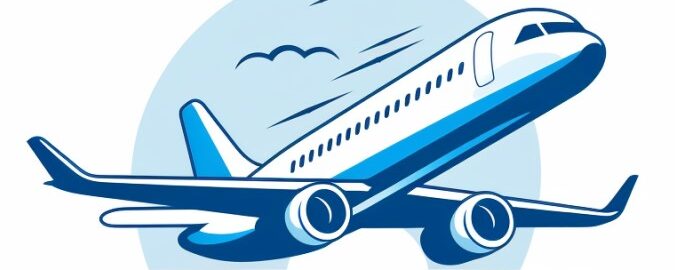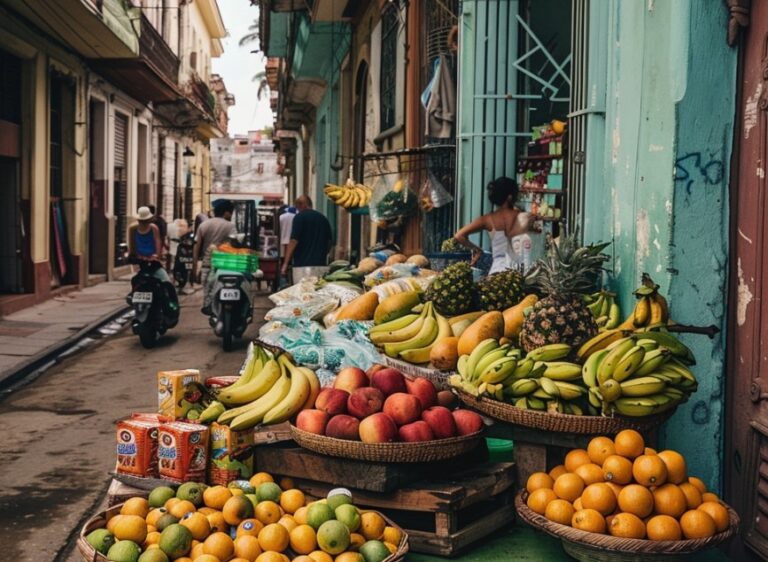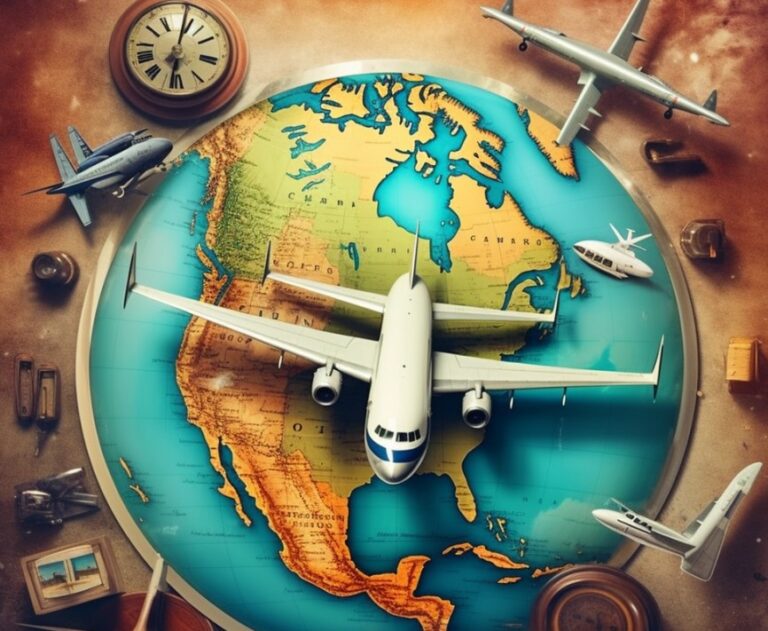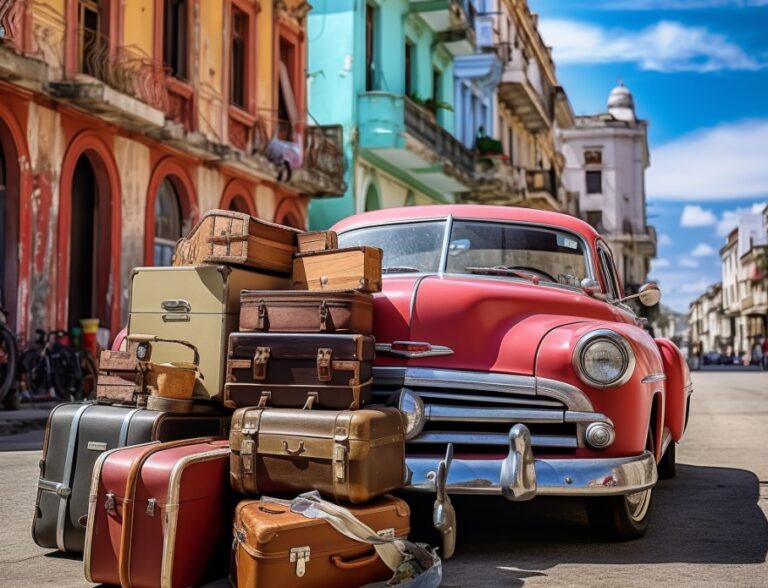Medications not allowed in Cuba
The Cuban government has recently lifted restrictions on the import of food, medicine, and other essential items for travelers arriving in the country. This decision was made in response to the significant anti-government protests and the ongoing shortages of basic goods, including medicine. The move allows travelers to bring in these essential items without having to pay import duties or customs fees. The decision to lift these restrictions is a temporary measure and is aimed at addressing the immediate needs of the population.
What About Bringing Medicines Into Cuba Without A Prescription?
Travelers to Cuba are allowed to bring in non-commercial quantities of medicines for personal use. According to the Cuban Customs Regulations, medicines, up to 10 kg in weight, are exempt from paying customs duties, as long as they come separately from the rest of the luggage. However, when mixed with other articles, they are valued as a whole and are subject to the payment of customs duties and services. Therefore, it is recommended to bring medicines separately from the rest of the luggage to avoid customs duties.
We also recommend reading the page on What can you not bring to Сuba?
Imported medicines must be in their original packages, and passengers must submit a medical authorization or prescription to Customs. The General Customs of the Republic of Cuba prohibits the entry of psychotropic or hallucinogenic substances, precursor substances, drugs, and narcotics.
Many medications are unavailable in Cuba, so travelers should plan to bring any prescribed medicines and over-the-counter remedies in their original containers. It is important to carry a copy of the prescription and a letter from the prescribing physician explaining the need for the medications, as all personal items are subject to scrutiny by customs officials.
In summary, travelers to Cuba are allowed to bring in non-commercial quantities of medicines for personal use. It is important to ensure that the medicines are properly packaged and accompanied by a prescription or medical authorization to facilitate the customs clearance process.
Where can I get OTC medication in Cuba?
| Pharmacy Name | Availability of OTC Medications | Additional Information |
|---|---|---|
| Government-Run Pharmacies | OTC meds like aspirin and acetaminophen require a prescription | Antibiotics and insulin are very expensive, but many generics are affordable when available. Foreigners-only pharmacies are fully stocked with imported drugs, but medications and assorted sundries are expensive and can only be bought with the tourist currency, the Cuban convertible peso (CUC) |
| Local Pharmacies | OTC medications such as painkillers, anti-inflammatory drugs, cold and flu medications, and antihistamines are available without a prescription | Prescription medications in Cuba are obtained by presenting a doctor’s prescription at the pharmacy. Cuban doctors usually prescribe medications at the time of consultation, and patients can purchase them immediately from the pharmacy. Some medications that are commonly available in other countries may not be available in Cuba due to shortages |
Rules for importing Medications to Cuba
| Medication | Allowed Quantity | Additional Information |
|---|---|---|
| Prescription Medications | Up to 10 kg in weight | Travelers are allowed to bring in non-commercial quantities of prescription medications for personal use. Medicines must be in their original packages and should come separately from the rest of the luggage to be exempt from paying customs duties. A medical authorization or prescription is required, and it is advisable to carry a copy of the prescription and a letter from the prescribing physician explaining the need for the medications. |
| Over-the-Counter Medications | Not specified | The specific allowance for over-the-counter medications is not provided. However, it is recommended to bring all necessary over-the-counter medications in their original packaging, and it is advisable to carry a copy of the prescription for prescription medications, as all personal items are subject to scrutiny by customs officials. |
Background
Cuba has been facing longstanding challenges in accessing essential goods, including food and medicine, largely due to the economic sanctions imposed by the United States. The embargo has significantly restricted Cuba’s ability to purchase these items, leading to shortages and difficulties in meeting the healthcare needs of the population.
Recent Developments
In response to the widespread protests and the growing discontent over the shortages, the Cuban government announced the temporary lifting of restrictions on the import of food, medicine, and hygiene products. This decision is a significant concession following the rare and widespread demonstrations against the government.

The announcement was made by Prime Minister Manuel Marrero, who stated that there would be no limit on the amount of these essential goods that travelers can bring into the country. The move is expected to ease the immediate burden on the population, which has been grappling with shortages of basic necessities.
Impact of the U.S. Embargo
Cuban officials have repeatedly cited the U.S. embargo as a major obstacle to acquiring essential supplies, including medicines and medical equipment. The embargo, which has been in place for over six decades, has significantly hampered Cuba’s ability to address the healthcare needs of its population, particularly during the COVID-19 pandemic.
Ongoing Challenges
While the temporary lifting of restrictions is a welcome development, it is important to note that this is a short-term measure. Cuba continues to face significant economic challenges, and the long-term availability of essential goods, including medicines, remains uncertain. The country’s healthcare system is under strain, and the impact of the ongoing shortages on the population’s well-being is a matter of concern.
In conclusion, the recent decision to lift restrictions on the import of food and medicine is a significant development in response to the widespread protests and the ongoing shortages in Cuba. However, the underlying challenges stemming from the economic embargo and domestic economic conditions continue to pose significant obstacles to ensuring the availability of essential goods in the country.




